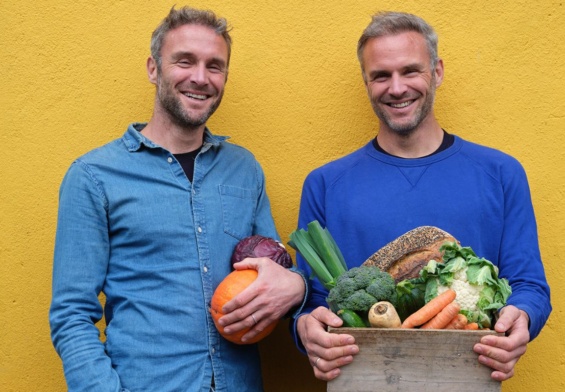By Dermot Herlihy, Commercial Director at DUKES London.
Artificial intelligence (AI) has been a hot topic for 2024, with the technology making significant strides across industries, including hospitality. From automated check-ins to virtual concierge services, AI promises enhanced efficiency and improved guest experiences. But can AI truly replicate the personal touch and emotional intelligence that define exceptional hospitality? Let’s explore the possibilities and limitations of AI in this uniquely human industry.
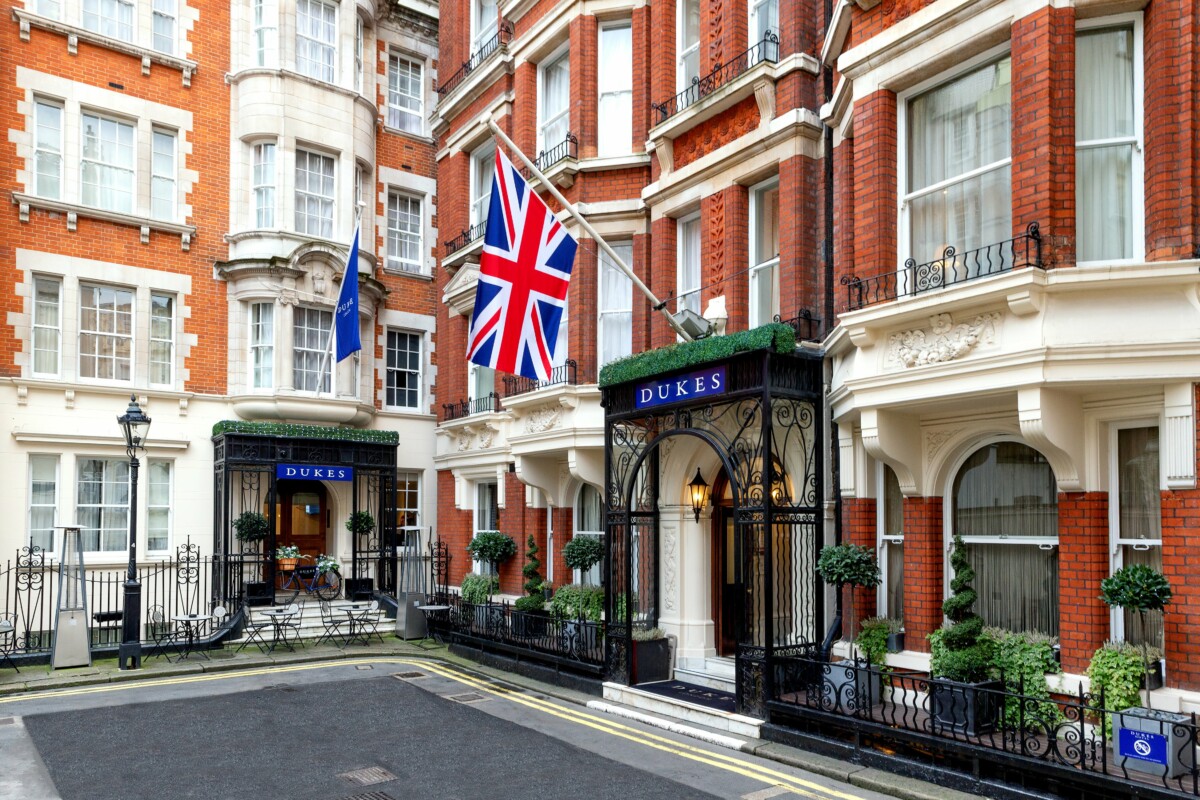
Understanding the role of AI in hospitality
AI has transformed several aspects of the hospitality industry, streamlining operations and offering data-driven insights that help personalise services. For example, AI can manage bookings, predict guest preferences based on past behaviour, and even automate room service requests. These advancements undoubtedly improve efficiency, allowing hotel staff to focus on more complex tasks.
However, while AI can provide a foundation for operational excellence, it often falls short in areas requiring empathy, intuition, and real-time adaptability – qualities that define the very essence of exceptional hospitality.
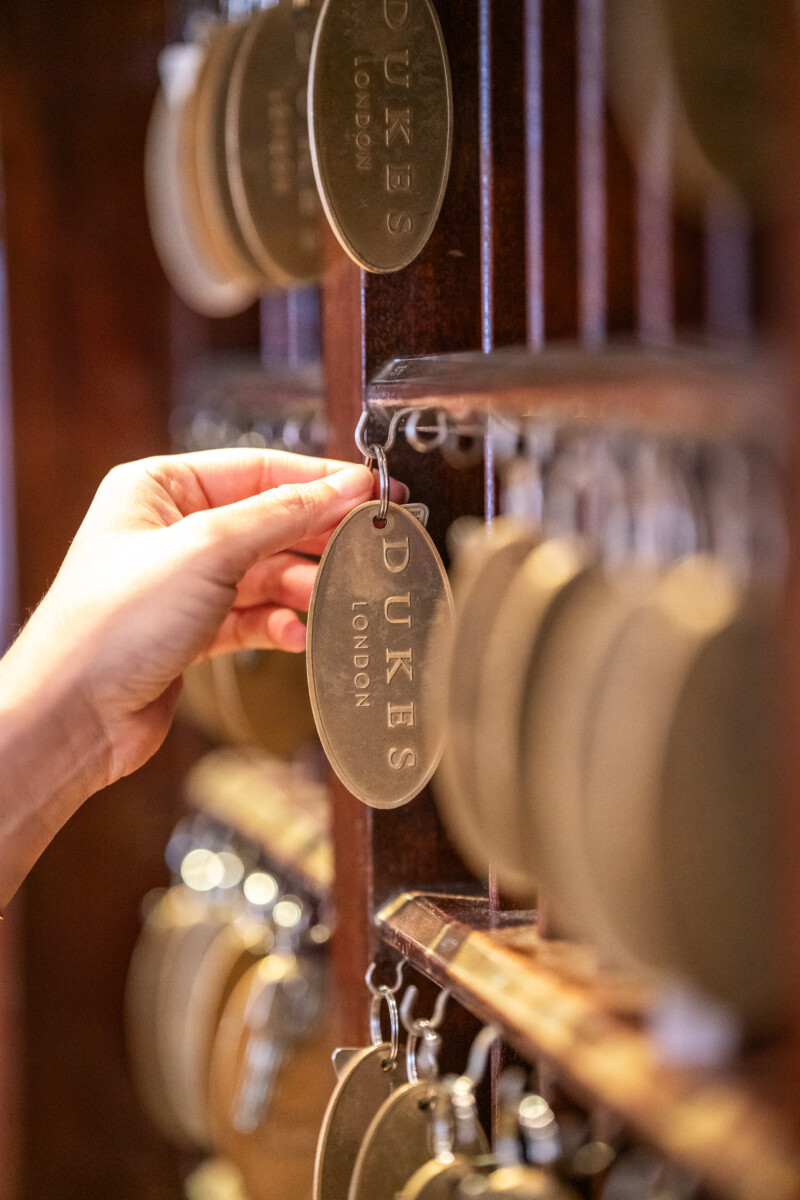
The personal touch: More than just data
Hospitality is about creating memorable experiences, and at its core, it’s a people-centric industry. While AI can suggest room amenities or predict a guest’s favourite meal, it lacks the emotional intelligence to pick up on subtle cues. For example, AI might recognise that a guest prefers a certain room type based on previous stays, but it can’t sense if the guest is tired after a long journey and offer a cup of tea upon arrival.
Top Tip: Complement AI’s data-driven suggestions with personal interactions. Encourage teams to observe guests’ body language and moods to offer meaningful, empathetic service that goes beyond standard expectations.
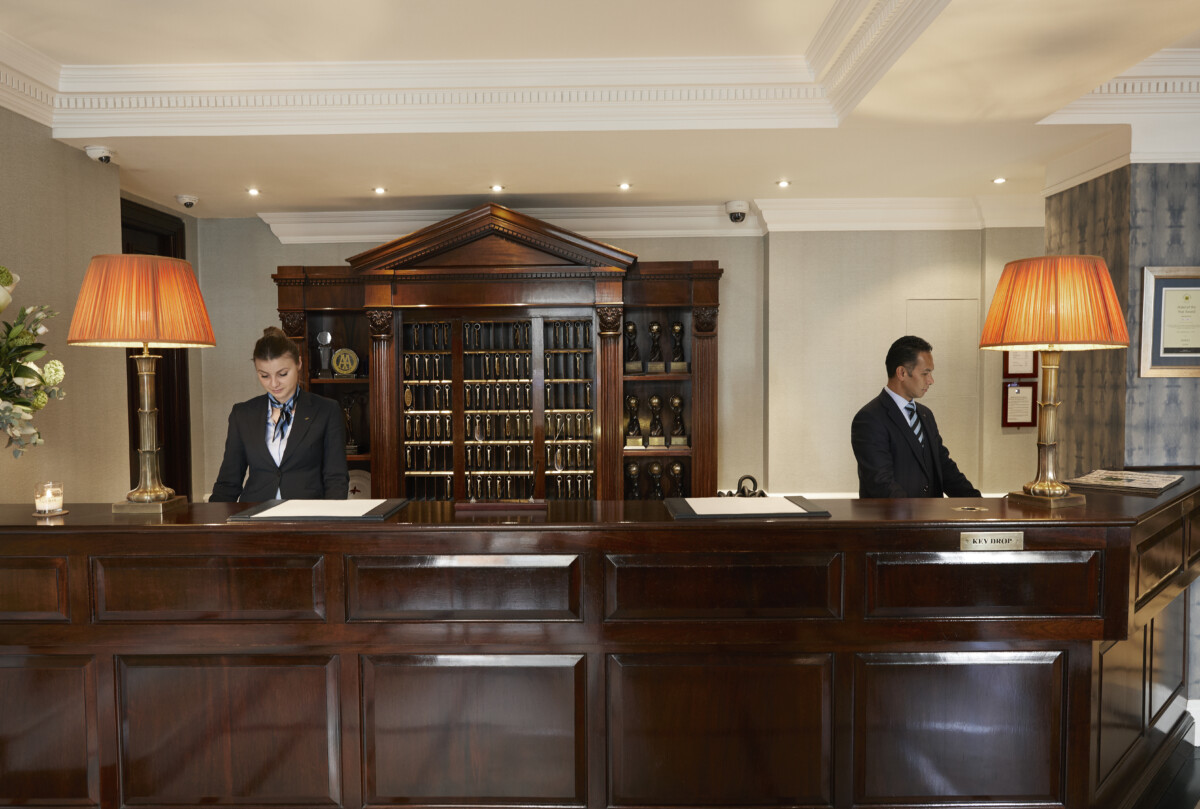
Building connections: The human element
Exceptional hospitality is built on relationships. Guests often return to a hotel not just for the luxury amenities but for the sense of belonging and warmth they experience. While AI can send personalised messages or remember a guest’s name, it cannot replicate the genuine warmth of a personal greeting or a friendly conversation with a staff member.
When staff remember not just a guest’s preferences but also the stories they’ve shared, the occasions they’ve celebrated, and more of these little details, guests feel recognised and valued. This kind of emotional connection fosters loyalty, something AI, despite its capabilities, cannot authentically replicate.
How to Apply This: Encourage your team to build rapport with guests. Whether it’s remembering a guest’s anniversary or simply asking about their day, these small interactions go a long way in creating a lasting connection.
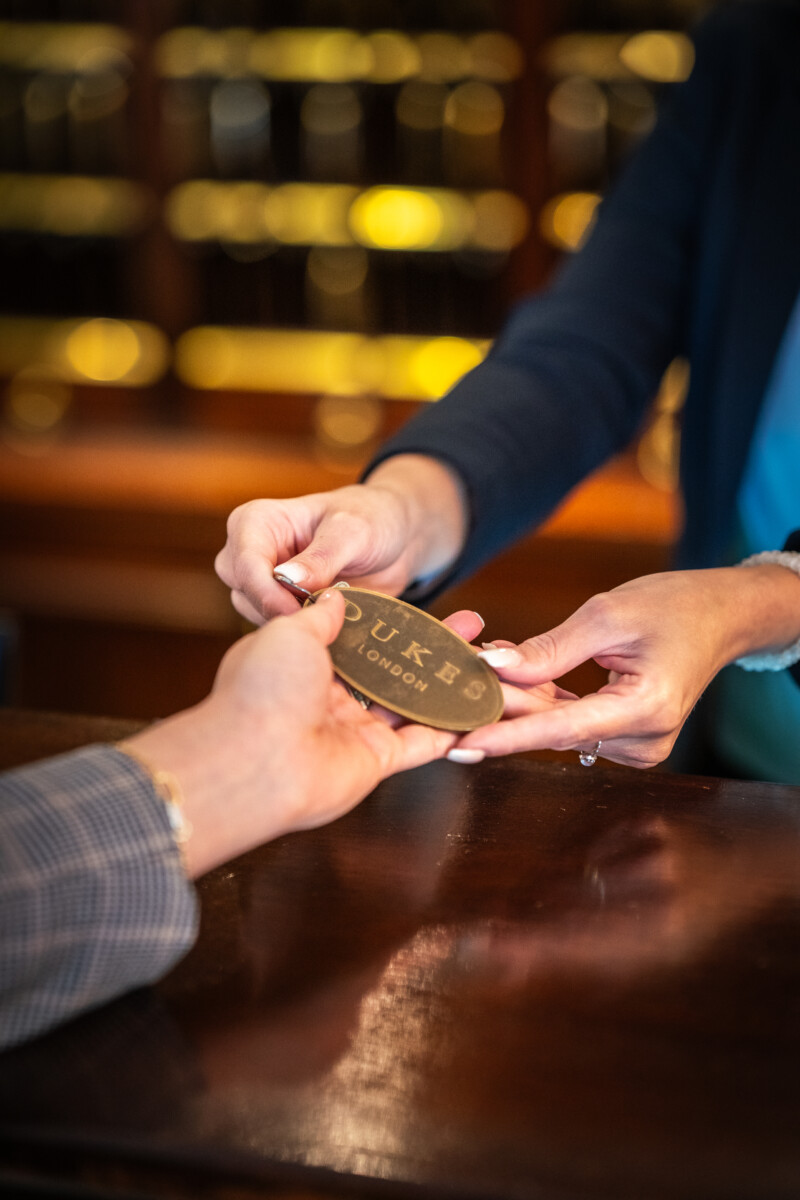
Adaptability: When human intuition wins
AI is undoubtedly efficient when it comes to processing data and executing pre-programmed tasks. But the real challenge in hospitality is handling unexpected situations in real time—something that requires human intuition and quick thinking.
Imagine a scenario where a guest becomes unwell during their stay. AI could recommend the nearest pharmacy or offer automated advice, but it’s a human who will check in on the guest personally, arrange a comforting meal, or send a handwritten note wishing them a speedy recovery. These compassionate, thoughtful gestures are what leave a lasting impression on guests, and AI is simply not equipped to handle such complex emotional interactions.
Top Tip: Ensure your team is trained to handle unexpected guest needs with empathy and professionalism. Encourage them to think creatively and go beyond standard solutions to offer a personalised response that truly enhances the guest experience.
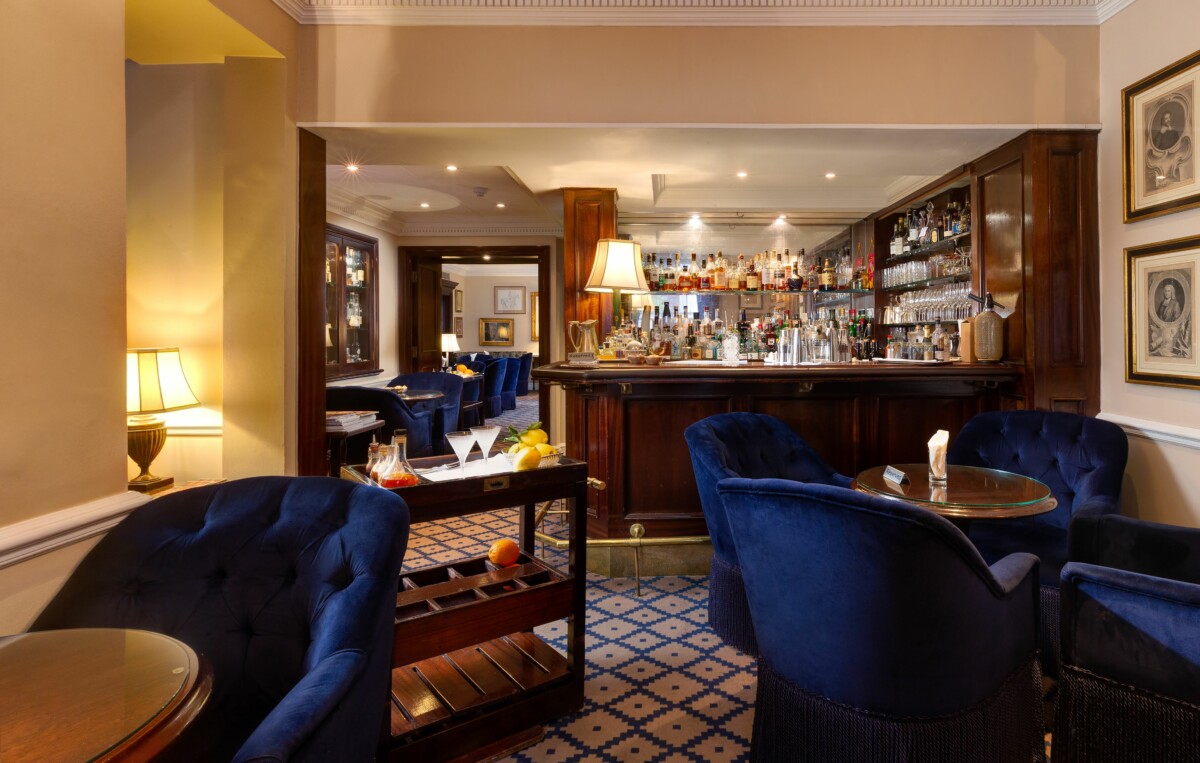
The limits of AI in real-time problem solving
AI systems rely on pre-programmed responses and data analysis, making them efficient but also limited in their ability to handle unique or unanticipated circumstances. Hospitality, by contrast, often involves dynamic situations where no two guests or problems are alike.
For example, while AI could help predict weather changes for an outdoor event, it’s the human team that seamlessly moves the celebration indoors with little disruption, ensuring the guests’ experience remains exceptional. AI might foresee an issue, but it’s human intuition that provides the real-time solutions that keep guests happy.
How to Prepare: Equip your team with the tools and authority to make on-the-spot decisions. This level of empowerment allows them to act quickly and confidently in moments that AI cannot predict or manage.
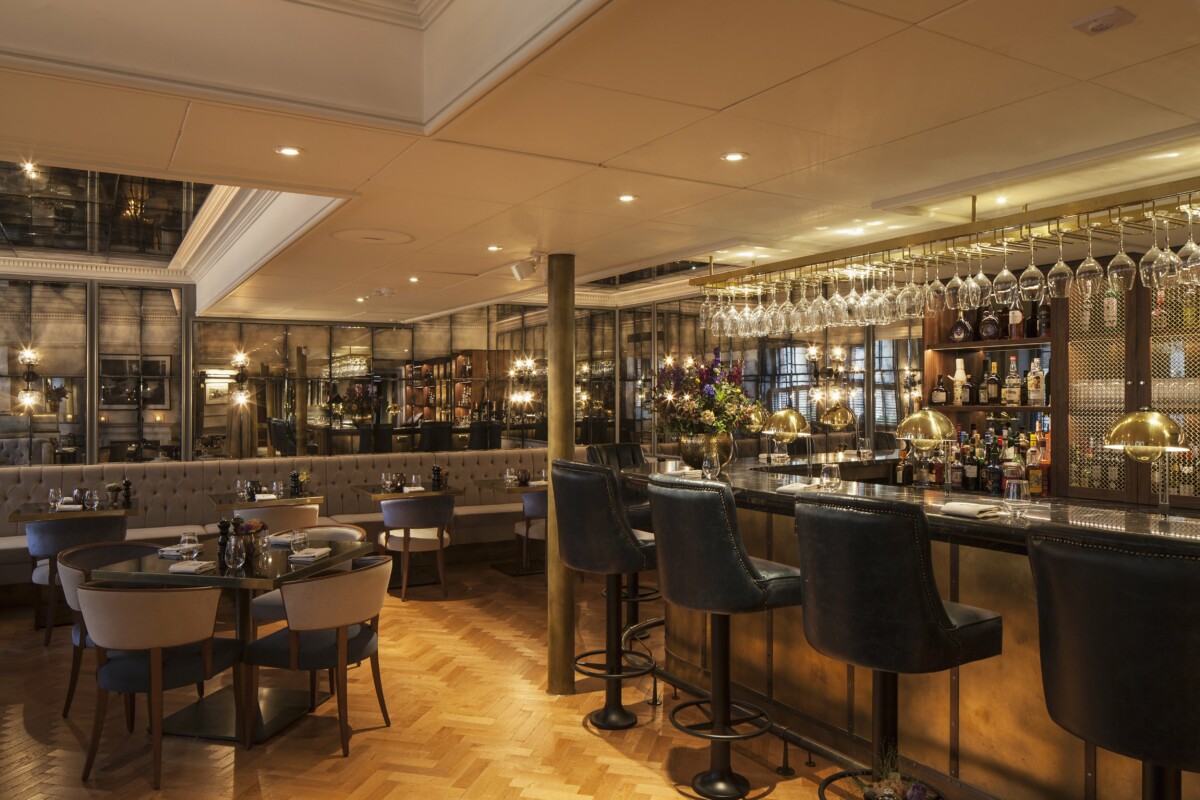
Balancing AI and the human touch
AI has its place in the future of hospitality. It helps automate routine tasks, making operations smoother and allowing human staff to focus on more complex and meaningful interactions. However, to create truly exceptional guest experiences, a balance must be struck between AI efficiency and human intuition.
Integrating technology to streamline services is practical and efficient but it can never replace the warmth, empathy, and personal attention that define a brand..
Practical Advice: Use AI to handle repetitive, time-consuming tasks – such as managing reservations or sending follow-up emails – while ensuring your team focuses on building personal relationships with guests. Encourage staff to view AI as a helpful tool or extra pair of hands, not a replacement for human interaction.

Conclusion
While AI offers exciting possibilities for improving efficiency in the hospitality industry, it cannot replicate the core elements that make guest experiences memorable: empathy, adaptability, and personal connection. Exceptional hospitality is about making people feel welcome, understood, and valued—qualities that AI, for all its advances, cannot authentically offer.
As the industry evolves, the key to success will be finding the right balance between technology and the human touch. By embracing AI’s strengths while recognising its limitations, hotels can deliver the kind of exceptional hospitality that keeps guests coming back time and time again.
At DUKES London, we believe that while technology can enhance our service, it’s the people behind the scenes who truly make the difference.
About the expert
 Dermot Herlihy is the Commercial Director at DUKES London, bringing over two decades of experience in the luxury hospitality industry. Known for his strategic vision and passion for service excellence, Dermot has played a pivotal role in enhancing DUKES London’s reputation as one of the city’s premier five-star hotels. His expertise spans operations, sales, and marketing, with a strong focus on creating bespoke guest experiences that blend tradition with modern luxury. Dermot’s leadership continues to drive the hotel’s success in delivering world-class service while maintaining its quintessentially British charm.
Dermot Herlihy is the Commercial Director at DUKES London, bringing over two decades of experience in the luxury hospitality industry. Known for his strategic vision and passion for service excellence, Dermot has played a pivotal role in enhancing DUKES London’s reputation as one of the city’s premier five-star hotels. His expertise spans operations, sales, and marketing, with a strong focus on creating bespoke guest experiences that blend tradition with modern luxury. Dermot’s leadership continues to drive the hotel’s success in delivering world-class service while maintaining its quintessentially British charm.


